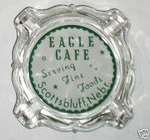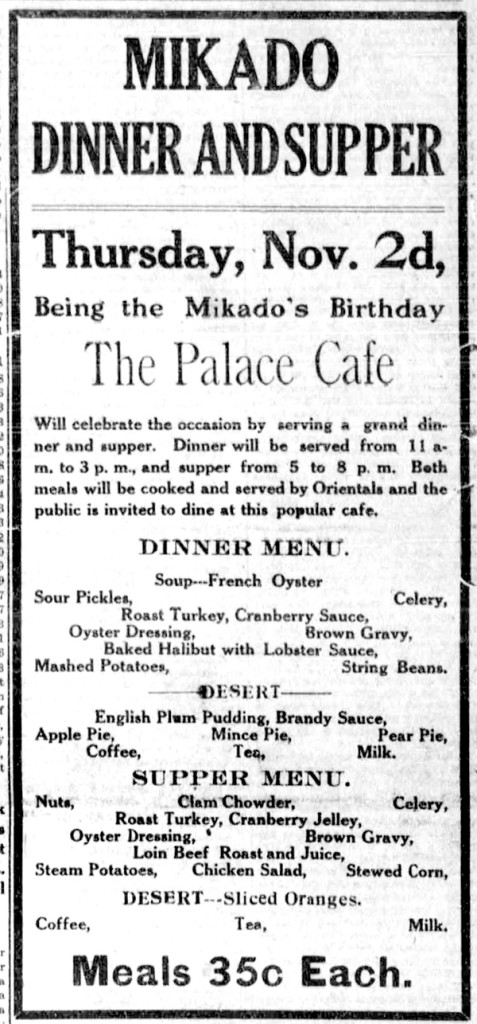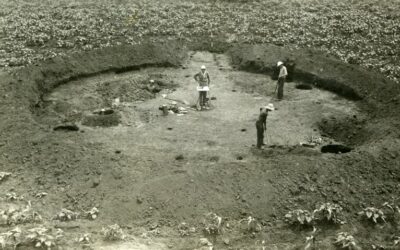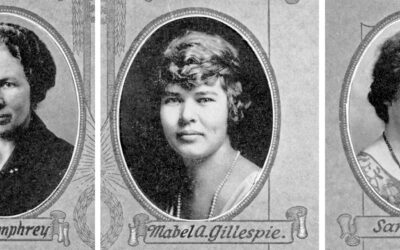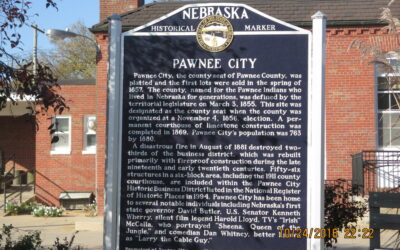At the turn of the century the western railroad industry’s thirst for cheap labor dwindled, leaving thousands of unskilled Chinese and Japanese laborers without a means to support themselves and their families. In Nebraska, about 700 Issei (first generation Japanese immigrants) found themselves without a job, far from the place of their birth. Of these 700, about 200 settled in Scottsbluff to work in the sugar-beet fields for the Great Western Sugar Company. Many others settled along the North Platte Valley and farmed on rented land. Two families chose a different course as café owners and found success not only with Japanese immigrants, but with locals from all backgrounds.
The Palace Café in North Platte and Eagle Café in Scottsbluff operated as well-known establishments for over half a century and lasted well into the 1960s. Richi Ugai, a Japanese immigrant from Hiroshima who arrived in 1904, bought the Palace Café in 1909 and Hotel Palace in 1919. The café functioned as a meeting hall for local businesses and high school reunions, in addition to being a popular local restaurant. Samuel Matsuda started the Eagle Café in Scottsbluff in 1913, after arriving in the U.S. a few years prior. The Eagle Café grew in popularity by providing food and chef services for many different events in the region such as the Japanese youth summer camp run by the Japanese-Americanization Society and banquets at the Japanese-Americanization Hall.
It must be said however, that although the proprietors of both establishments were of Japanese descent, neither café served solely Japanese food. Roast beef and steaks were regular features on the menus as well as many other American style items. On special occasions the café would have a traditional Japanese style dinner, such as when the Eagle Café provided food for the Japanese youth summer camp. Otherwise, their menus were similar to that of other cafés in the region. Many patrons flocked to these cafés because of their reasonable prices and because of their great advertising. As a means of drawing business, the Palace Café gave away a Saxon automobile on October 31, 1914. This atmosphere helped cement the Japanese population as true members of the Midwest.
– Griffen Farrar, Research Intern, Historic Preservation

